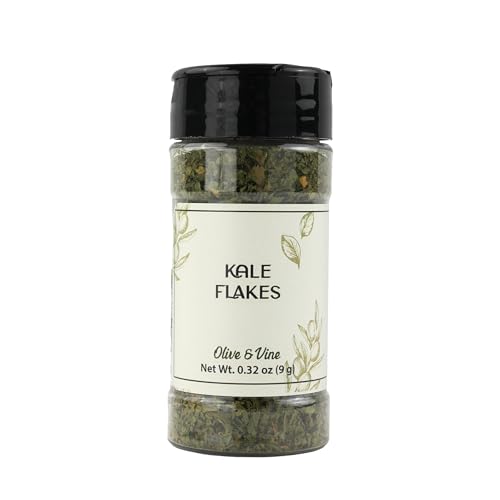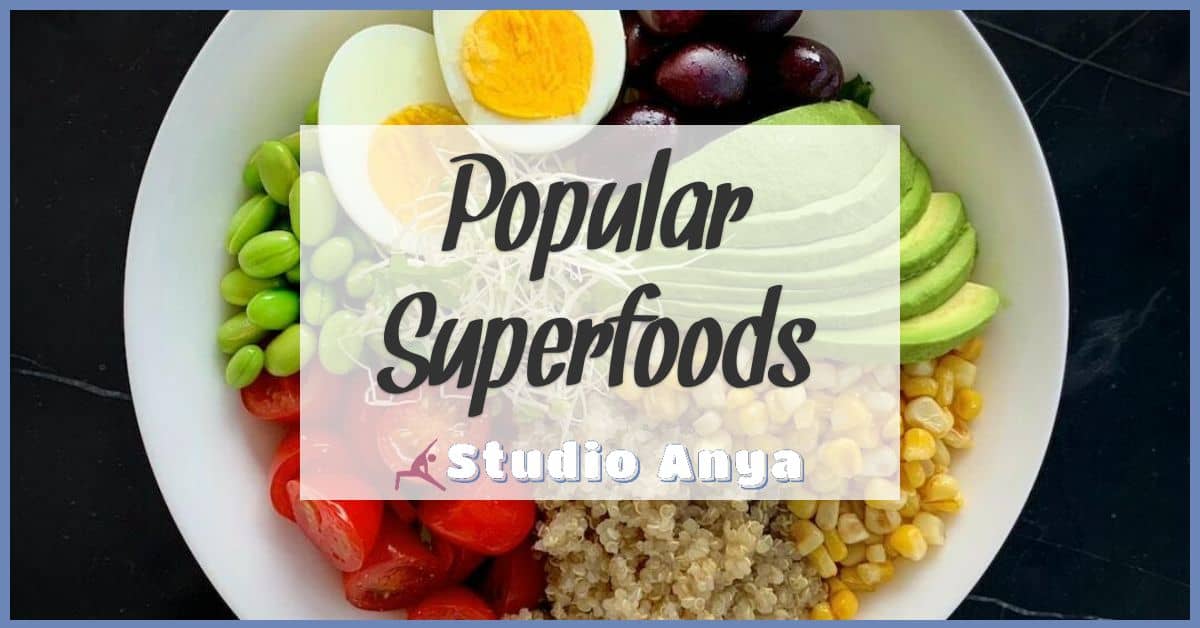I’ve always been curious about diets that promise a reset for both mind and body, and the Whole30 diet is one that’s caught my attention. It’s not just about weight loss—it’s about discovering how different foods affect your energy, mood, and overall well-being. The idea of cutting out certain foods for 30 days might sound intense, but the potential benefits make it worth exploring.
What Is The Whole30 Diet?
The Whole30 diet is a 30-day nutritional program designed to reset your relationship with food. Its structure aligns with the mindfulness I encourage in yoga and meditation, fostering awareness of how specific foods affect energy, mood, and overall health.
Overview Of The Program
The Whole30 program involves eliminating potentially inflammatory food groups like added sugar, alcohol, grains, legumes, dairy, and processed additives for 30 days. During this time, you consume whole, unprocessed foods like vegetables, fruits, meat, seafood, eggs, and healthy fats (e.g., olive oil and coconut). After the 30 days, you slowly reintroduce eliminated categories to determine how they impact your body.
This cleanse promotes focusing on whole-food consumption, paralleling the mindfulness practiced in yoga. Just as intentional breathwork helps identify emotional triggers, Whole30’s elimination phase sharpens awareness of dietary impacts.
The Philosophy Behind Whole30
The philosophy centers on restoring health by avoiding potentially inflammatory foods. It’s intended not as a weight-loss plan but as a way to build better connections with food choices, balancing mind and body. By removing foods that can affect digestion, energy levels, and mood, you allow space for healing and insight.
In many ways, it mirrors the grounded presence cultivated in a yoga practice. Whole30 encourages tuning into internal feedback—just as I teach during meditation sessions—to recognize what nourishes both body and spirit.
Whole30 Diet Rules
As someone who believes health begins with mindful choices, the Whole30 diet feels aligned with the principles of yoga and meditation. It’s not a short-term fix but a chance to reset the body and create space for awareness of how food affects us. Below are the essential rules to guide this practice.
Foods To Avoid
The program eliminates foods that may disrupt digestion, energy, or mood. Here’s a clear list to follow:
- Added Sugar: Avoid all sweeteners, including honey, maple syrup, and agave. Even “natural” sugars aren’t permitted.
- Alcohol: Say no to all forms of alcohol, including in cooking.
- Grains: Avoid wheat, oats, rice, corn, and quinoa. These can irritate inflammation in some people.
- Legumes: Exclude beans, chickpeas, lentils, soy, and their derivatives.
- Dairy: Steer clear of cow, goat, and sheep’s milk, along with cheese and yogurt.
- Processed Additives: Eliminate MSG, sulfites, and carrageenan.
Being mindful of what’s excluded aligns with letting go of what doesn’t serve us in yoga practice.
Foods You Can Enjoy
Focus on whole, unprocessed foods that nourish the body and mind. These include:
- Vegetables: Enjoy all varieties, from leafy greens to cruciferous ones like broccoli.
- Fruits: Have them in moderation to avoid overloading on natural sugars.
- Proteins: Prioritize high-quality meat, poultry, seafood, and eggs.
- Healthy Fats: Incorporate oils like olive and avocado, as well as nuts and seeds (excluding peanuts).
- Herbs and Spices: Use these to flavor meals naturally and creatively, promoting a joyful approach to cooking.
This list highlights abundance rather than deprivation—an idea central to a balanced practice.
Key Guidelines To Follow
A structured approach ensures the program achieves its purpose. Key guidelines include:
- Stick to 30 Days: Commit fully for the entire duration without exceptions, much like how consistency deepens meditation.
- Don’t Cheat: Even a small deviation resets your timeline, as true transformation needs full discipline.
- Plan Meals: Preparing meals ahead ensures you always have Whole30-compliant options, preventing last-minute decisions.
- Read Labels: Many foods hide additives or sugars, so carefully check ingredient lists for compliance.
- Focus on Your Why: Reflect daily on your reasons for starting, supporting the mindfulness that promotes healing.
These mindful choices bring clarity to your nutrition, echoing principles practiced on the mat or cushion.
Benefits And Challenges Of The Whole30 Diet
Adopting the Whole30 diet offers opportunities for mindful eating and self-discovery, much like yoga and meditation. By committing to this reset, individuals may notice positive changes, though challenges can appear along the way.
Potential Benefits
Boosting Energy: Many people experience increased energy levels after removing processed foods, sugar, and allergens from their diets. With clean, nutrient-dense meals, the body functions more efficiently.
Improving Mood: Like consistent meditation, Whole30 enhances mental clarity. Eliminating inflammatory foods often results in more balanced emotional states.
Enhancing Digestion: Removing common irritants such as dairy and grains helps alleviate bloating and digestive discomfort, which fosters body awareness similar to mindful yoga practices.
Fostering Awareness: This program encourages a deeper understanding of how food impacts the body and mind. Committing fully to Whole30 mirrors the mindful discipline of daily yoga or meditation.
Reducing Cravings: By resetting eating patterns, cravings for unhealthy foods diminish, allowing space for a healthier relationship with food.
Common Challenges
Adjusting to Restrictions: The elimination of grains, dairy, and sugar can feel restrictive at first. This adjustment period parallels the initial challenges faced when starting a meditation or yoga practice.
Navigating Social Situations: Dining out or attending events may require extra mindfulness and preparedness to adhere to the program guidelines.
Meal Preparation: Whole30 requires cooking with fresh, simple ingredients. Time and effort can feel taxing if one’s routine is already busy.
Emotional Triggers: Removing indulgent foods sometimes brings emotional cravings or uncovering habits tied to stress. As with breathwork, it’s key to observe these responses without judgment.
Staying Motivated: The 30-day duration can test patience. Remembering your motivations, much like during a challenging yoga pose, keeps you centered and committed.
Whole30 Approved Recipes
Whole30 recipes combine simplicity with nourishing, whole ingredients. As someone passionate about mindful living, I value meals that support well-being while aligning with disciplined practices like yoga and meditation.
Breakfast Recipes
Starting the day with balanced, Whole30-compliant breakfasts sets a grounded tone. I often recommend:
- Sweet Potato Breakfast Bowl: Blend roasted sweet potatoes with coconut milk, cinnamon, and nutmeg. Top with fresh berries and unsweetened coconut flakes.
- Vegetable Egg Muffins: Whisk eggs with diced spinach, bell peppers, and onions. Pour into muffin tins and bake for individual servings.
- Avocado and Smoked Salmon: Layer mashed avocado and smoked salmon on cucumber slices, then sprinkle with lemon juice and dill.
These recipes offer energy without reliance on added sugar or grains.
Lunch And Dinner Recipes
For midday and evening meals, I encourage hearty dishes rich in protein and vegetables:
- Cauliflower Fried Rice: Sauté riced cauliflower with coconut aminos, scrambled eggs, chopped carrots, and peas. Add shredded chicken or shrimp for protein.
- Zucchini Noodles With Meatballs: Serve turkey or beef meatballs made with almond flour over zucchini noodles topped with marinara sauce.
- Stuffed Bell Peppers: Fill halved bell peppers with seasoned ground turkey, diced tomatoes, and cauliflower rice, then bake until tender.
These options embrace the creativity and mindfulness I strive for in meal prep.
Snack And Dessert Options
Mindful snacking minimizes cravings and supports energy. When clients ask about compliant snacks, I suggest:
- Apple Slices With Almond Butter: Ensure the almond butter is unsweetened and free of additives.
- Homemade Trail Mix: Combine unsweetened coconut chips, raw cashews, almonds, and raisins.
- Chia Pudding: Mix chia seeds with unsweetened almond milk and let it sit overnight. Add fresh fruits like blueberries for flavor.
For dessert, try baked apples sprinkled with cinnamon or chilled coconut cream paired with strawberries. These align with Whole30 guidelines while satisfying occasional sweet cravings.
Tips For Success On The Whole30 Diet
Embarking on the Whole30 journey can transform both your relationship with food and your mindfulness about what you consume. By integrating simple strategies, staying focused for the full 30 days becomes far more manageable.
Meal Planning And Preparation
I always emphasize planning when guiding others, whether it’s for yoga practice or this diet. Start by dedicating time each week to craft a menu of Whole30-compliant recipes. Focus on nutrient-dense meals with a variety of vegetables, proteins, and healthy fats. Think zucchini noodles with shrimp or roasted vegetables with turkey burgers.
Batch-cooking can save time and energy. Prepare items like vegetable stir-fries, hard-boiled eggs, or grilled chicken in advance for quick meals. Keep your pantry stocked with essentials, such as coconut oil, canned tuna, almond butter, and fresh produce. Having Whole30-friendly snacks, like homemade trail mix or celery sticks with almond butter, ensures you stay on track during busy days.
Staying Motivated Throughout The 30 Days
In my years of yoga teaching, I’ve learned the power of setting intentions, and that applies here as well. Reflect on why you’re doing the Whole30—improving digestion, increasing energy, or fostering mindfulness with food. Journaling progress can remind you of your goals, just like tracking achievements in meditation practice.
Create a support system. Share your goals with friends, family, or an online Whole30 group. Surrounding yourself with encouragement mirrors the community atmosphere we cultivate in yoga classes.
When challenges arise—like cravings or social situations—pause and breathe deeply. A moment of mindfulness can help you make conscious choices rather than reacting impulsively.
Conclusion
Embarking on the Whole30 journey is more than just a diet—it’s a chance to reset, reflect, and reconnect with how food impacts your life. While it requires dedication, the rewards of increased energy, improved mood, and a deeper understanding of your body make it worthwhile.
By approaching the 30 days with mindfulness and a willingness to experiment, you’ll discover new flavors, habits, and insights that can last far beyond the program. Whether you’re drawn to the recipes, the structure, or the challenge itself, Whole30 offers a meaningful way to prioritize your well-being.



















